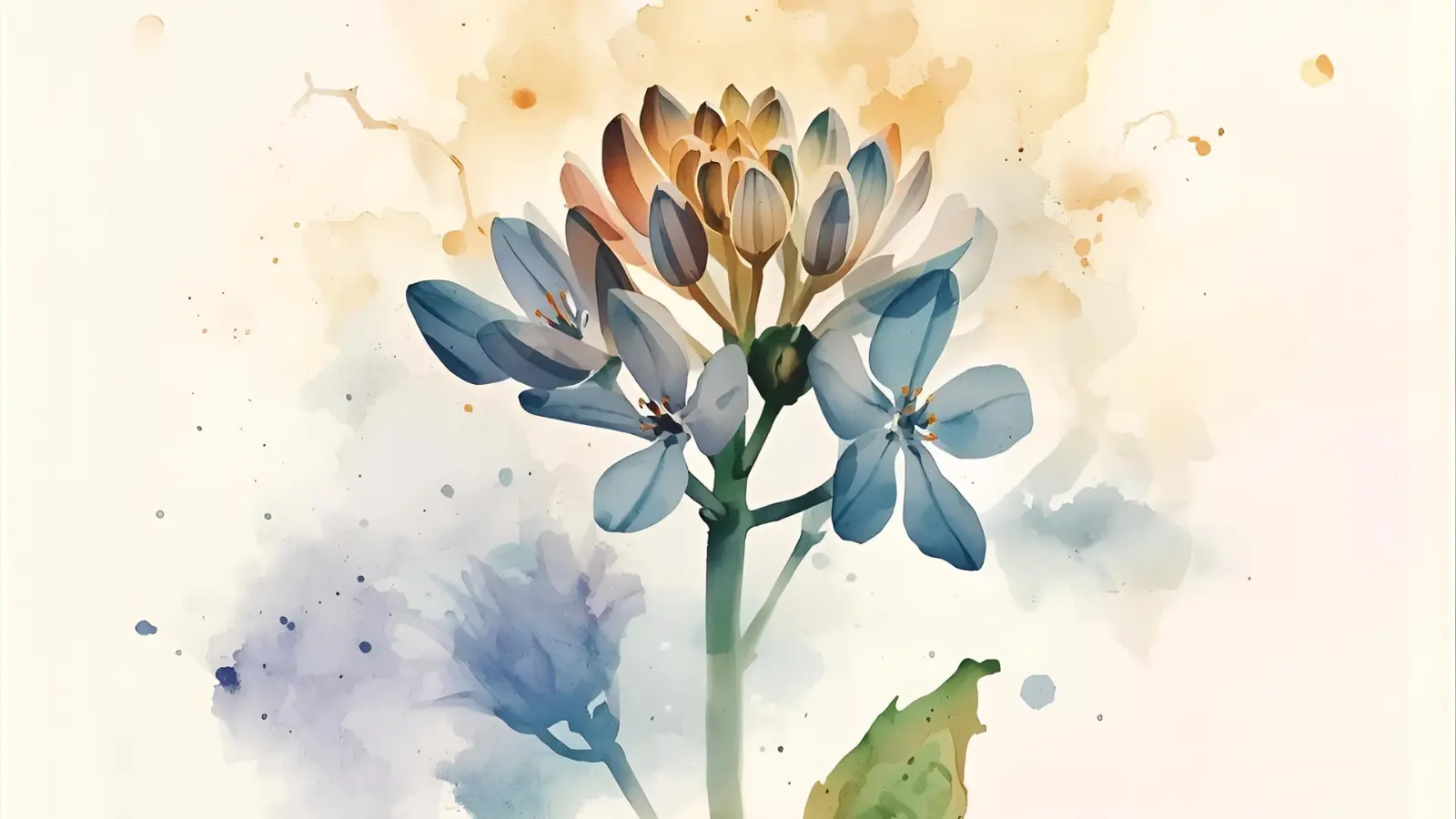The delicate forget-me-not flower carries a powerful message in its tiny blue petals: love, remembrance, and eternal connection.
Its very name makes it one of the most symbolic flowers in history, appearing in folklore, literature, and spiritual traditions.
Whether given as a token of affection, used in memorials, or grown in gardens, the forget-me-not symbolizes the bonds that time and distance cannot break.
Let’s explore the symbolism of forget-me-nots across cultures, spirituality, and everyday life.
🌿General Symbolism of Forget-Me-Nots
- Eternal love and remembrance.
- Loyalty and faithfulness in relationships.
- A symbol of enduring memories that never fade.
- Represents promises made to never forget someone.
💙Forget-Me-Not in Love and Romance
- A romantic symbol of lasting devotion.
- Often gifted to say “I’ll always remember you.”
- Represents true love that survives time, distance, or separation.
- In Victorian floriography, they meant faithful love.
🕊️Forget-Me-Not and Memory of the Departed
- Commonly used in funerals and memorials.
- Represents honoring loved ones who have passed.
- Symbol of keeping someone’s spirit alive through memory.
- Associated with mourning but also hope and continuity.
📖Forget-Me-Not in Folklore and Legends
- A German legend tells of a knight who picked the flower for his love but drowned, shouting “Forget me not!” — linking the flower to eternal love and remembrance.
- In medieval times, it was worn as a symbol of fidelity and protection.
- Folklore ties it to loyalty, even in death.
✝️Forget-Me-Not in Christianity
- Associated with the Virgin Mary, symbolizing humility and devotion.
- In Christian art, they remind believers of God’s everlasting love and care.
- Sometimes called the “eyes of Mary” in symbolism.
🏞️Forget-Me-Not in Different Cultures
- Europe → linked with love, memory, and protection.
- Alaska → official state flower, symbolizing resilience and natural beauty.
- Freemasonry → worn during WWII as a symbol of remembrance and solidarity.
🌸Forget-Me-Not in Healing and Spirituality
- Represents emotional healing from grief or loss.
- Spiritually, it symbolizes continuity between the living and the dead.
- Used in meditation as a reminder of mindfulness and cherishing the present.
🎨 Forget-Me-Not in Art and Literature
- A recurring motif in romantic poetry and paintings.
- Symbolizes nostalgia and the beauty of memory.
- Appears in literature as a sign of unspoken love or remembrance.
🌼Forget-Me-Not in Dreams
- Dreaming of these flowers may mean longing for someone or cherishing a memory.
- Could symbolize fear of being forgotten.
- A positive sign of lasting love and loyalty in relationships.
🎁Forget-Me-Not in Gifting and Occasions
- Given as a symbol of loyalty in relationships.
- Common gift in farewell moments.
- Used in weddings to symbolize a bond that endures.
- Planted in gardens to honor loved ones and memories.
❓ FAQ on Forget-Me-Not Symbolism
1. What do forget-me-nots symbolize in love?
They symbolize true love, loyalty, and the promise of never forgetting someone.
2. Why are forget-me-nots used in memorials?
Because they represent eternal remembrance of those who have passed.
3. What does the color blue mean in forget-me-nots?
Blue symbolizes faith, truth, and spiritual connection.
4. Are forget-me-nots good for weddings?
Yes — they symbolize faithfulness, devotion, and everlasting bonds.
5. What is the Christian meaning of forget-me-nots?
They are linked to the Virgin Mary and symbolize divine love and humility.
🌿 Conclusion
The forget-me-not flower is tiny yet carries one of the strongest messages in the floral world: to remember, to love, and to cherish forever.
Across cultures and centuries, it has symbolized enduring love, loyalty, memory, and hope.
Whether planted in a garden, given as a gift, or used in spiritual traditions, it reminds us that true connections are never lost they live on in the heart.

